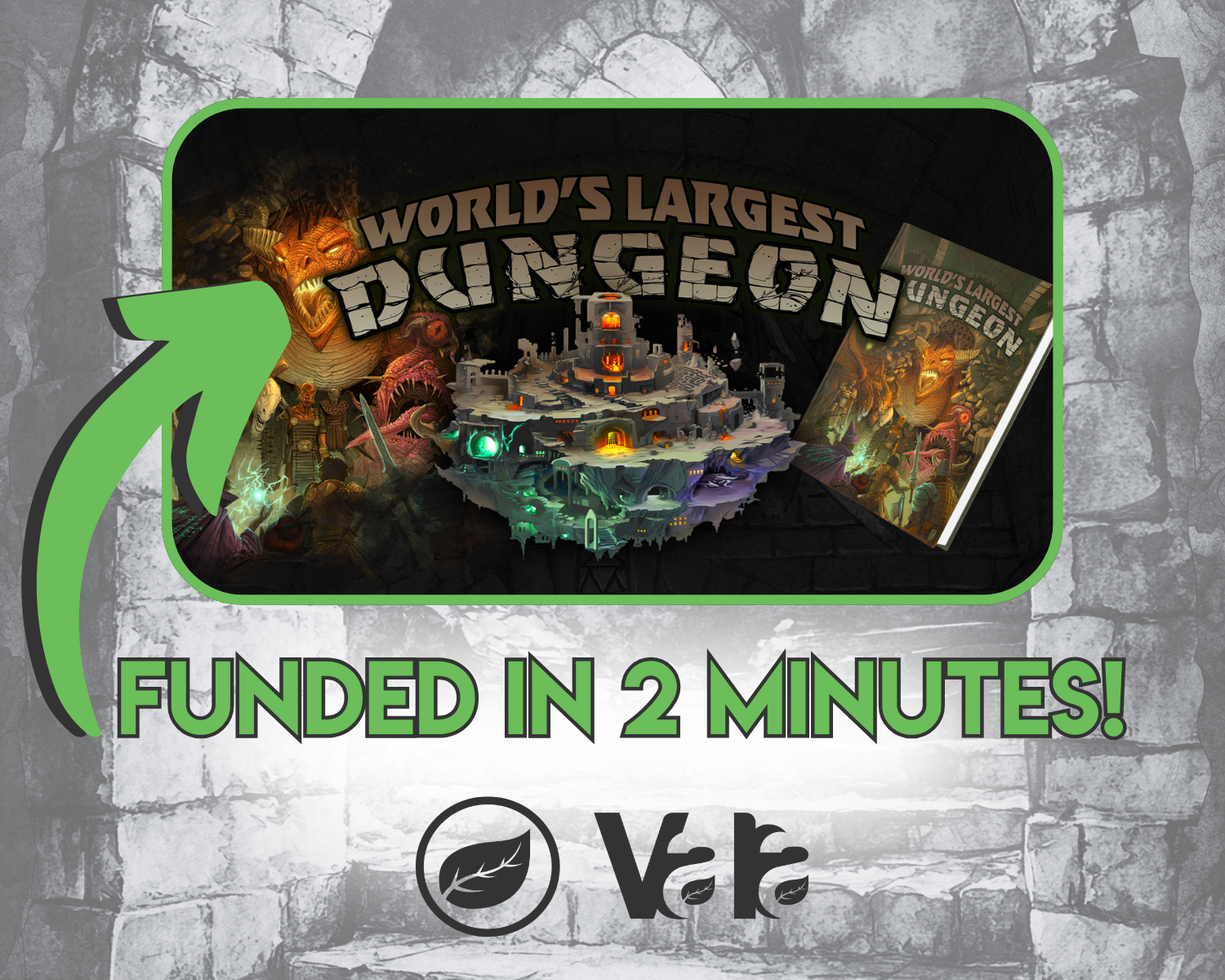The big problem I’ve encountered with goal setting both in my personal life and in consulting with businesses is they are often general, and sometimes lofty. This puts your aspirations into ambiguity making them unclear and by default harder to achieve. While this isn’t a concept that is new, and I certainly did not come up with it, I wanted to share it because I feel that it has fundamentally changed the way I look at goal setting, both internally at Vala and in consulting with our clients. This acronym shifts on the meaning of each letter every time I see it, but I feel this is pretty applicable for most.
Goals should be S.M.A.R.T…
Specific
This is often the place where goals can become less airy, and more concrete. Simply saying “I want to own a million dollar company” and writing it down on your to-do list isn’t going to cut it. A statement like that also has the potential to undermine other benchmarks of goal setting in this framework. Rephrasing the statement to something like “I want to have $85k in billings every month” sets the stage to obtaining your goal. Its specific and makes the task seem less daunting.
Meaningful
I think this is pretty self-explanatory, but it’s important to make sure that goals you are setting are meaningful. It will prevent you from spinning your wheels on tasks that can turn into a time sink and you’re more likely to cross off tasks that belong to a greater whole if you see the value. Will it bring you joy? (thanks, Marie Kondo.) Will it allow you to grow your business? Will it pave the way to accomplishing other important goals? If the answer is no, more than likely you should reevaluate the goal.
Actionable
A big consideration in goal setting is if it’s actionable. It’s probably the most important consideration in my opinion. A goal without actionability is simply a wish or a want. In the end, companies and personal accomplishment aren’t built on wishes and wants. I can’t think of anything more tiring than trying to accomplish something with no direct plan in place. You’ll feel overwhelmed, stuck, and it’s highly likely you’ll give up and set yourself up for disappointment. Breaking down a goal into smaller bite-sized chunks will help you work towards the larger task at hand. Don’t try and take on everything at once. You’ve moved from “I want a million dollar company” to “I want to have $85k in billings”. This is a good start, but break it down to even smaller chunks. Is this one whale of a client bringing in this $85k a month or is it 10 clients a month at $8,500? Visualize and come up with a plan.
Realistic
This is probably pretty rich coming from a creative, but goals should be realistic. Reality is a constraint that is out of our control. We only have so much time and we are bound by the resources afforded to us. Some goals take more money than we have, more time than we can give them alone, and might rely on a little help. In our million dollar example, if you’re a solopreneur it’s a pretty lofty goal. You may need to hire people to help you maintain those 10 clients a month. Plan around constraints or find a way to minimize them.
Time-Bound
Give your goal a timeline or a due date. Part of accomplishing goals is progress, and a timeline gives us a sense of moving forward. It’s a metric that is easily measurable and trackable and can help organize smaller pieces to the larger goal. It prevents you from leaving goals or tasks hanging in the ether.







